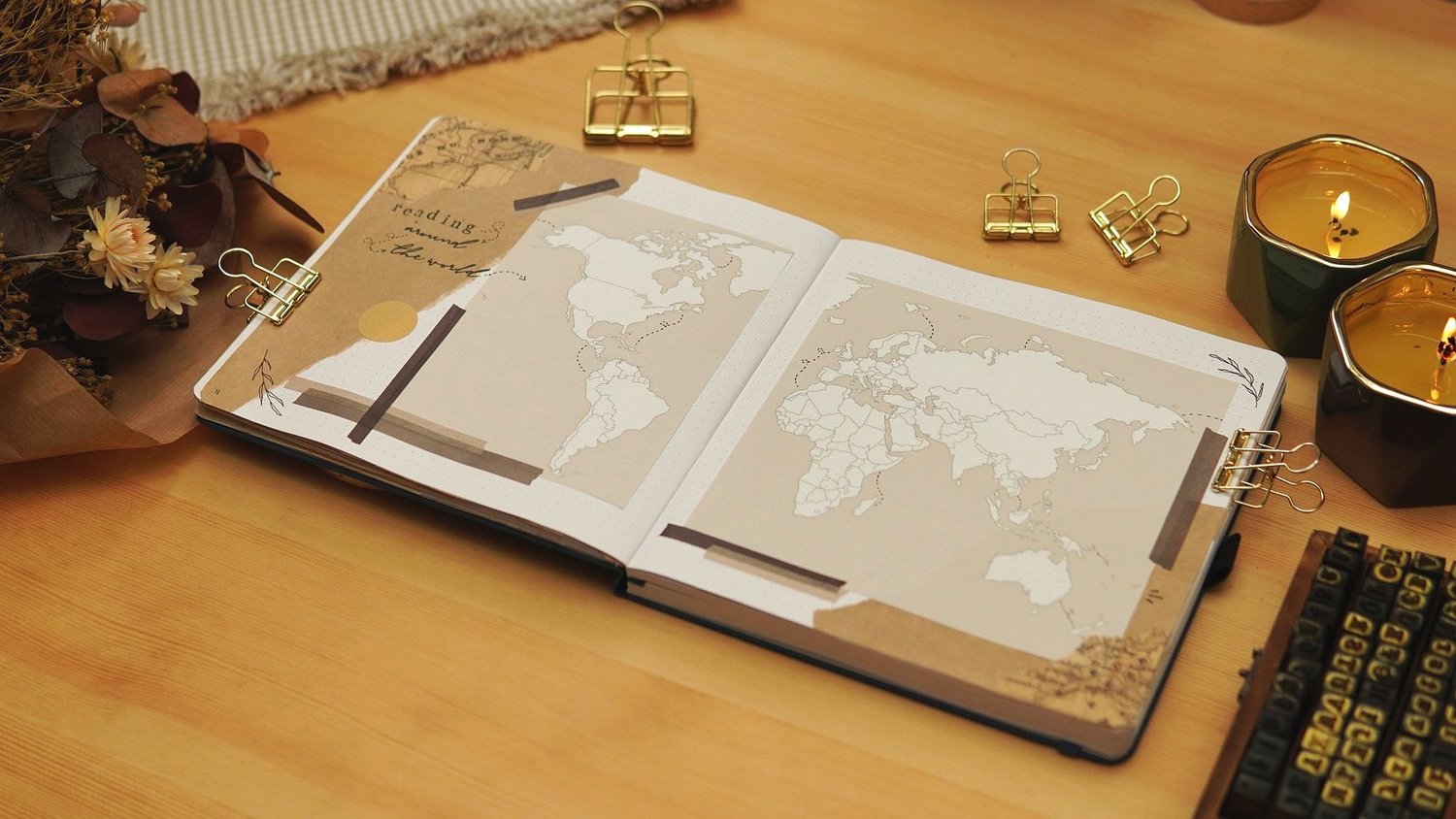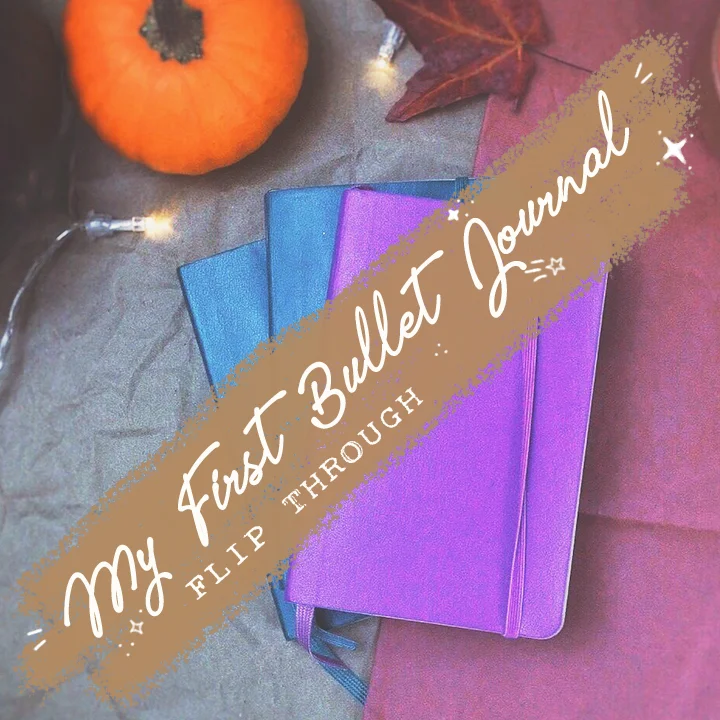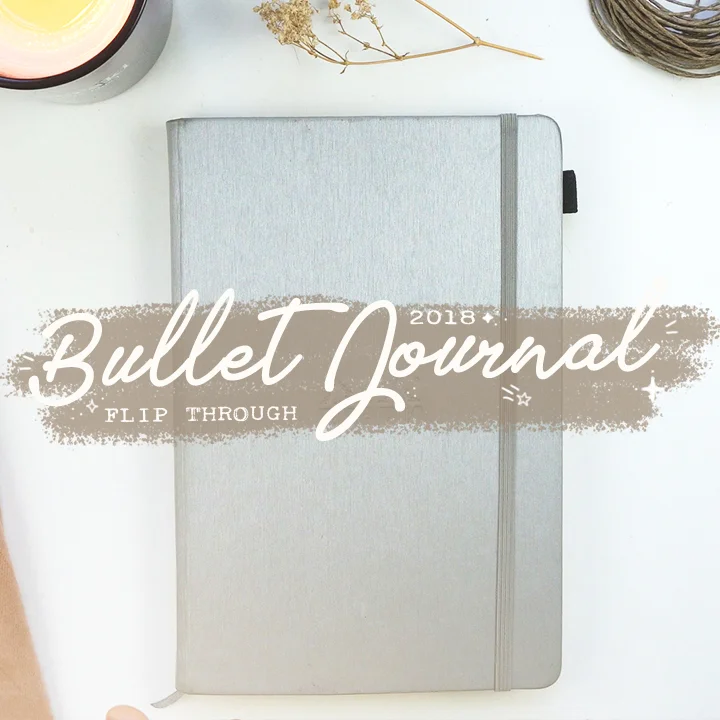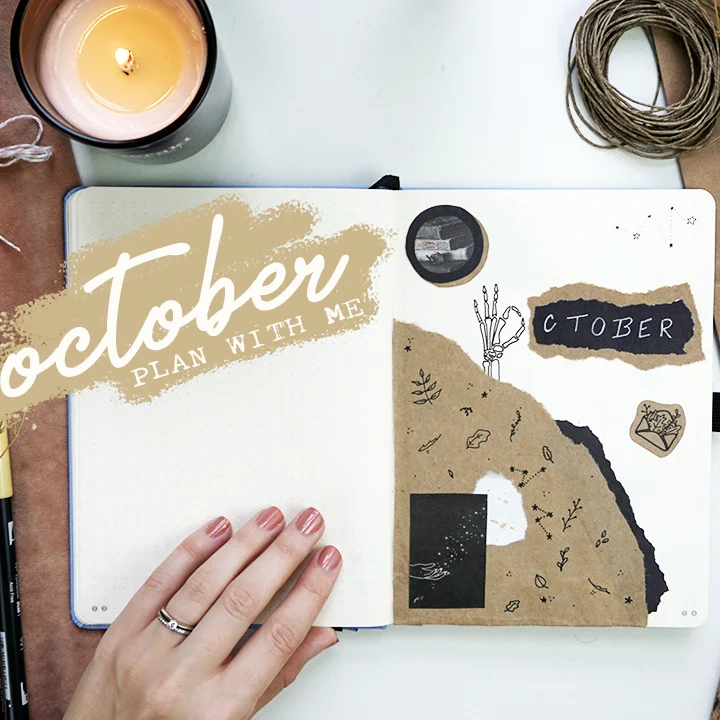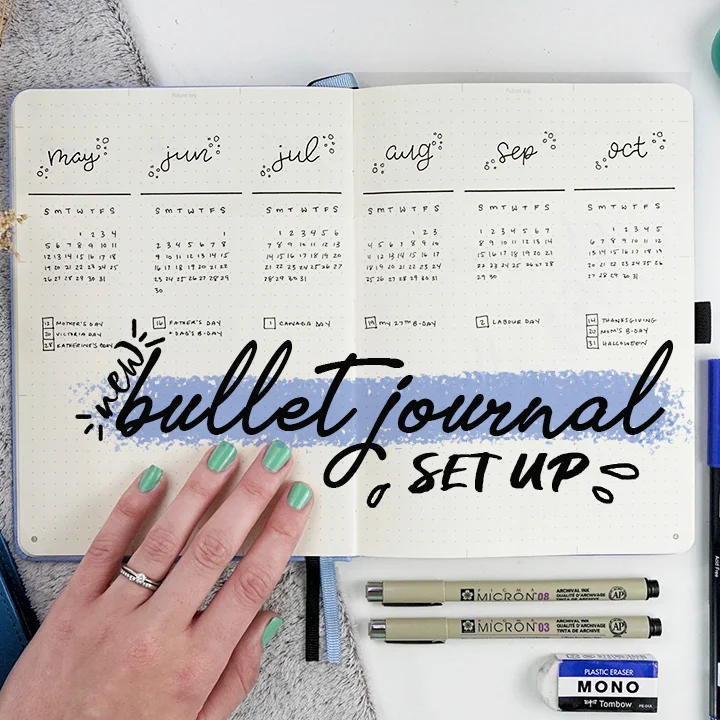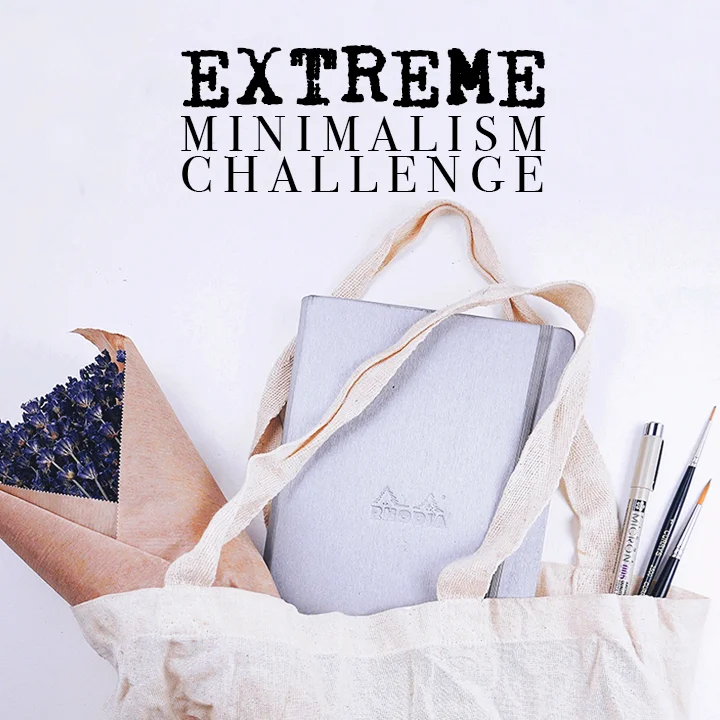How To Get A Better Sleep in Ten Easy Steps
Did you know that one third of the world's adult population suffers from insomnia? And that 62% of Canadians suffer from some type of sleep problem? Over a quarter of Canadians have called in sick to catch up on sleep, and I know that I have first hand experience with the way a lack of quality sleep can turn us into slower, more stressed, underperforming zombies with a far less creativity.
Have you ever felt like you, but worse, when you haven’t had a good night’s sleep? That’s because the parts of your brain responsible for decision making, social interaction, morality, and thought lose as much as 14% of their fuel after even mild sleep deprivation.
When you sleep, your brain is able to discard toxins and other waste by way of the glymphatic system. What happens when your brain isn’t able to dispose of the waste? Contemporary science believes this is one of the main causes of Alzheimer’s disease.
I know that I feel so much better after a good night’s sleep. Let’s collect some strategies and some quality Zzzs along the way. It’s time to sleep better, starting tonight!
STEP ONE // GET ON A SCHEDULE
One of the most important strategies for a good night’s sleep is to fall asleep and wake up at the same time everyday. Your body craves this type of routine, and you’ll begin to crave the energy boost it brings!
Shawn Stevenson, sleep expert extraordinaire, recommends sleeping during what he likes to call ‘money time’ - the hours between 10pm and 2am during which time we humans secrete the most beneficial hormones for growth, repair, and wellbeing and experience the most recovery.
Of course, many of us have lives that don’t allow for sleeping during this entire period. If you regularly finish work at 11, don’t fret! Just aim to get to sleep as soon as possible when you arrive home and stick to that schedule as regularly as possible.
But I’m never tired at 10pm. I’m a night-owl!
I know how you feel. I have always considered myself a night owl. But this is an artificial phenomenon born of our dependance on electricity to stimulate our senses far past the setting sun. It may take time, but training yourself to get sleepy around 10pm and wake naturally around 7am each day will allow you to be far more productive than you ever were during an all-nighter!
So, how many hours should I sleep?
That’s a great question. Many recommend the standard 8 hours, which I have never felt to be sufficient in my personal experience. Considering that a full healthy sleep cycle takes 90 minutes to complete, it makes the most logical sense to aim for 7.5 or 9 hours of sleep, depending on your life and needs. If you’ve ever experienced awaking in the middle of a sleep cycle, you know that it leaves you feeling groggy and less than fully rested. Aim to sleep in multiples of 90 minutes for your most restful sleep and energetic day!
STEP TWO // GET MOVING FIRST THING
Whether it’s a full workout or a quick walk around the neighbourhood, moving your body shortly after waking has incredible benefits for our sleep and general health. When you move in the morning, you encourage a spike of the hormone cortisol which will gradually lower over the course of the day as melatonin increases. By the time you are getting ready to sleep your melatonin will be at it’s peak, helping you to fall asleep faster and stay asleep!
I love to start my day with yoga or HIIT training, and find it boosts my energy and productivity all day long!
If you’re really a star player, try working out in the great outdoors to combine this step with the next one! (Who doesn’t love a good two in one?)
STEP THREE // GET SUNLIGHT ON YOUR SKIN
Humans love sunlight, and for good reason. You may have heard of circadian rhythm, which is based on the Earth’s natural cycle of light and dark. We evolved at the mercy of this rhythm, sleeping in the dark and waking with the light. Our bodies developed a schedule of hormonal release based on this natural sun cycle, which we are still subject to today.
Unfortunately, despite our technological advances, we cannot escape our evolution.
Our own circadian timing system and the hormones it controls are responsible for all sorts of vital functions in the body, including our digestion, blood pressure, appetite, immune system, mental energy, and more.
When you are exposed to sunlight your hypothalamus orders the release of day-specific hormones which regulate your inner clock. When you don’t get exposure to the sun during the day, and have excessive exposure to artificial light at night, you are throwing your circadian rhythm out of whack (and negatively impacting your sleep).
So when should you be getting sunlight, and how much?
You are most responsive to sunlight between the hours of 6am and 8:30am, around the time you should be waking up! Direct sunlight on skin WITHOUT sunscreen for at least 30 minutes is a good guideline for regulating your hormone production and getting a deeper, more restorative sleep.
As an added bonus, try going without sunglasses during your morning sun-worshipping. Your eyes are another essential organ for absorbing sunlight, and even on a cloudy day they will allow you to receive the benefits of your time outdoors.
STEP FOUR // COMMIT TO A CAFFEINE CUT-OFF
We have become addicted to caffeine. And to be honest, I am right there along with the majority of the population in my love for the dark, warm drink. But while caffeine has health benefits that cannot be ignored, it can also have a negative impact on sleep. The best way to have your coffee and drink it too is to set a caffeine curfew, and stick to it.
When should you finish your last cup of joe? Likely before 2pm. If you’re more sensitive to the effects of caffeine, even earlier!
If you’re looking to harness the power of caffeine to your benefit, try drinking it first thing in the morning to help boost that morning cortisol release you’re already stimulating with your morning exercise! This will add fuel to the fire of your natural hormonal rhythm, helping you to be ready for sleep when that time comes around.
STEP FIVE // EAT SLEEP-PROMOTING FOODS
As we all know, the better your diet the healthier your body. Your sleep is no exception.
Our gut bacteria is responsible for much more than digestion, and feeding it the right foods can have a wonderful impact on our sleep quality.
What foods should we be eating more of?
- foods high in selenium (such as brazil nuts);
- foods high in vitamin C (such as green leafy vegetables and a variety of fruits such as papaya kiwi, citrus fruits, and strawberries);
- foods containing tryptophan (such as sweet potatoes, chia, hemp and pumpkin seeds, almonds, bananas, and leafy greens);
- foods high in potassium (such as leafy greens, potatoes, cremini mushrooms, broccoli, and avocados);
- foods high in calcium (such as kale, collards, mustard greens, sea veggies, and sesame seeds);
- a vitamin D supplement (or that daily sunlight exposure we covered in step three!);
- plant-based sources of omega-3 (such as chia, pumpkin, flax, or hemp seeds, walnuts, and micro-algae supplements);
- foods containing melatonin (such as tart cherries, ginger root, asparagus, and walnuts) and foods that boost your body’s production of this essential sleep hormone (such as pineapples, bananas, oranges, and tomatoes);
- foods containing vitamin B6 (such as bananas, cashews, peanut butter, almonds, avocados, tomatoes, spinach, sweet potatoes, and sea vegetables);
- pro- and pre-biotics (found in fermented foods such as sauerkraut, kimchi, pickles, miso, non-dairy yogurt, and kombucha and non-fermented foods like Jerusalem artichokes, raw garlic, raw and cooked onions, dandelion greens, and asparagus);
- and last, but definitely not least, magnesium (found in green leafy vegetables, pumpkin and sesame seeds, spirulina, and brazil nuts).
What foods should we be avoiding?
- chemicals such as pesticides;
- processed foods;
- foods treated with antibiotics (such as meat); and
- food additives and preservatives of a chemical nature.
With these foods in mind, you are sure to keep your gut bacteria full and happy!
STEP SIX // TURN OFF YOUR IPHONE
Many of us are attached to our mobile devices at the hip (or the ear). I am definitely guilty. But the blue light emitted from those screens has an incredibly detrimental effect on our sleep. Turn off your devices at least an hour before bed (if not earlier!) and keep them out of the bedroom! (If that means spending $10 on an old school alarm clock, do it. It’s worth it.)
STEP SEVEN // TURN DOWN THE THERMOSTAT
I don’t know about you, but I can never sleep if I’m hot. And I am happy to report that it isn’t just me! The human body sleeps best in a cooler environment of between 15-20 degrees celsius. So turn down that thermostat, and enjoy getting a better sleep (and a more affordable heating bill!)
If it’s summer time and you don’t want to overdo it on air-conditioning, consider wearing less (or no) clothing while you sleep, using lighter weight blankets, or investing in a cooling pad for your mattress.
STEP EIGHT // SAY BYE-BYE TO ALCOHOL
At least right before bed!
Waking up with a hangover is never fun. (But I don't have to tell you that!) Reducing your alcohol consumption is the easiest way to avoid the tell-tale headache and weak stomach, and being sure to wrap up the fun more than 3 hours before bed time ensures a better quality sleep. If you don’t give your body time to rid itself of the alcohol before hitting the sack you will be more likely to wake frequently in the night, drastically reducing the recovery benefits of sleep!
So limit your alcohol intake to a couple of drinks at most, and give yourself lime to digest (if only so that you can hit the bathroom before you hit the hay!)
STEP NINE // BLACK IT OUT
This one is common sense, but as we all know too well, common sense isn’t too common. The darker our sleep environment, the better our sleep. So be sure to remove any blinking lights, invest in blackout curtains, and turn off that pesky hall light that leaks under your door.
Amazingly enough, not only do we sense light through our eyelids, but our bodies actually have photoreceptors all over the surface of our skin - so using an eye mask while your husband/wife/partner/roommate works late into the night on their laptop isn’t a grade A idea.
Turn the lights off, all the way, and enjoy that pitch-black sleepy time.
STEP TEN // GET COMFY
We all know that the more comfortable we are, the better we sleep. So how come so many of us sleep on lumpy mattresses in positions that make us feel sore and stiff?
- invest in a new mattress with high resiliency made with non-toxic materials;
- talk openly with your partner about what positions are most comfortable for you and for them, and;
- find the position that feels best for you AND keeps your body in its ideal alignment.
I suggest picking up a copy of Sleep Smarter for tips on finding your perfect position - it really can make a whole world of difference!
You may be overwhelmed by this list, so let me suggest that you begin by implementing just one of these ten steps and keep at it until it’s a habit. Once you feel comfortable, add another one! Before you know it you will be falling asleep faster, staying asleep longer, and waking up more refreshed.
Do you have a tip for better sleep that I missed? Let me know in the comment below! If you liked this post, please check out Shawn’s book Sleep Smarter! It is such a fascinating read and was the inspiration for this post.
Also, feel free to pin this graphic I put together for you to remember these ten tips and spread the word!
Oh, and there's going vegan. That definitely helped me sleep at night!
Until next time,







